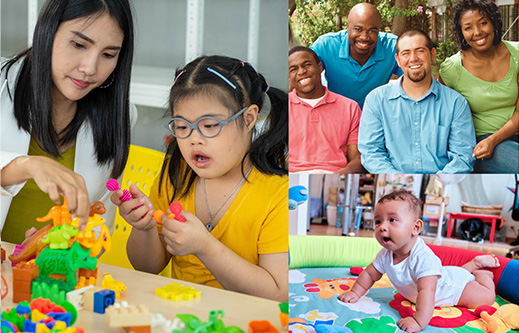2026 Summer Institute on Neurodevelopmental Disabilities

About the Conference
Join us for the 2026 Summer Institute on Neurodevelopmental Disabilities Conference!
Information about the 2026 Summer Institute will be posted in March 2026. Our 2025 Summer Institute, held on July 25, 2025, brought together professionals, researchers, individuals with disabilities, family members, disability advocates, policymakers, community members, and students or trainees for a one-day conference. We look forward to welcoming you to next year’s event!

